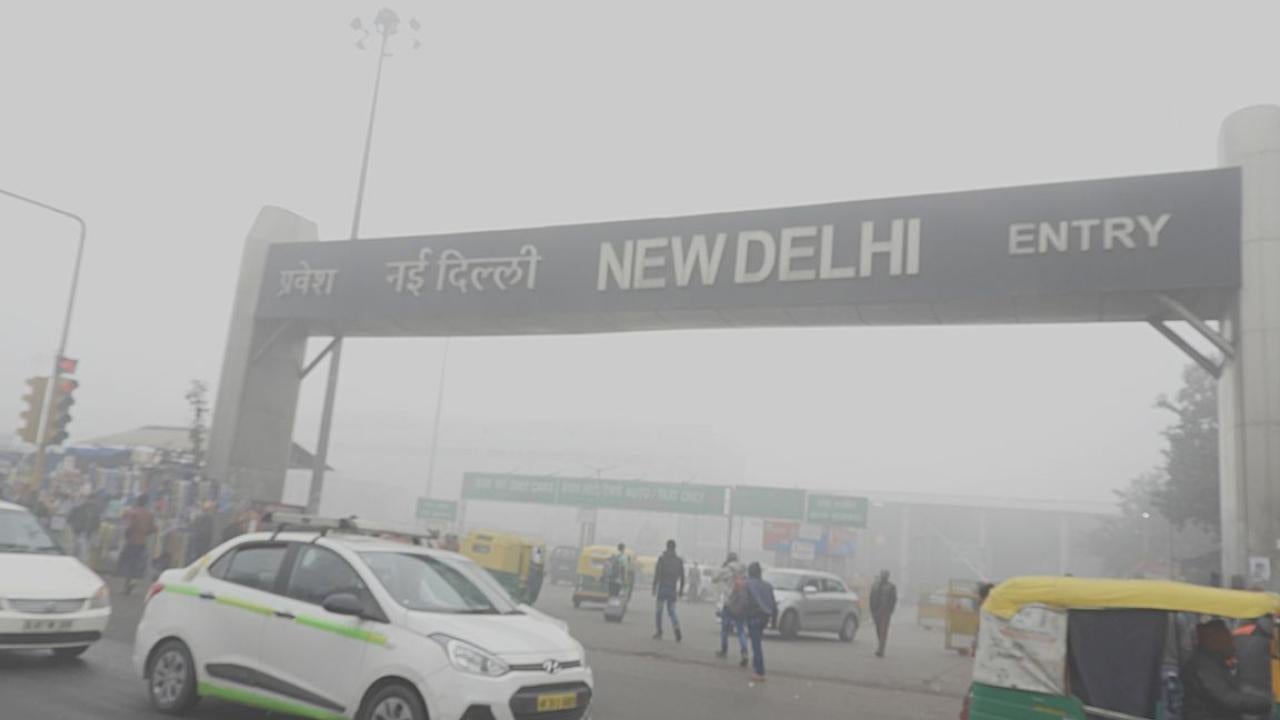New Delhi’s status as one of the most polluted and densely populated cities in the world, in addition to its reliance on ride-share programs, made it a great subject for new research led by Deepak Rajagopal, an assistant professor at the UCLA Institute of the Environment and Sustainability. The study created a comprehensive framework for electrifying the city’s ride-share fleet, a transition which would significantly improve air quality and lead to economic benefits.
Researchers found that investing in 23,000 electric vehicles, plus the creation of 3,000 50-kilowatt charging stations, would be enough to satisfy New Delhi’s large ride-share demands. While this may seem like a large investment, the upfront monetary investment would be returned in less than two years — this is largely due to fuel expenditure savings. Additionally, with only about 3.5% of residents in India owning personal cars, researchers determined that refocusing electric vehicle transition efforts toward ride-share programs is more cost-effective and efficient due to the extent of their use being 3-4 times higher than personal cars.
Rajagopal advocated for the importance of this study by sharing how a program like the one suggested for New Delhi could be expanded to other urban areas.
“Zero-emission targets for commercial vehicle fleets are not only realistic but economically and environmentally sound for polluted cities worldwide,” he said. “These findings can help others considering such a transition thoroughly understand the infrastructure needs, the private and public costs and benefits, and the improvement to air quality that comes with electrification.”
Learn more about the study and its findings at UCLA Newsroom.
Study Authors
Deepak Rajagopal, UCLA Institute of the Environment and Sustainability
Viraj Sawant, UCLA Institute of the Environment and Sustainability
Gordon S. Bauer, The International Council on Clean Transportation
Amol A. Phadke, Lawrence Berkeley National Laboratory
Image Source: Sumita Roy Dutta / Creative Commons





